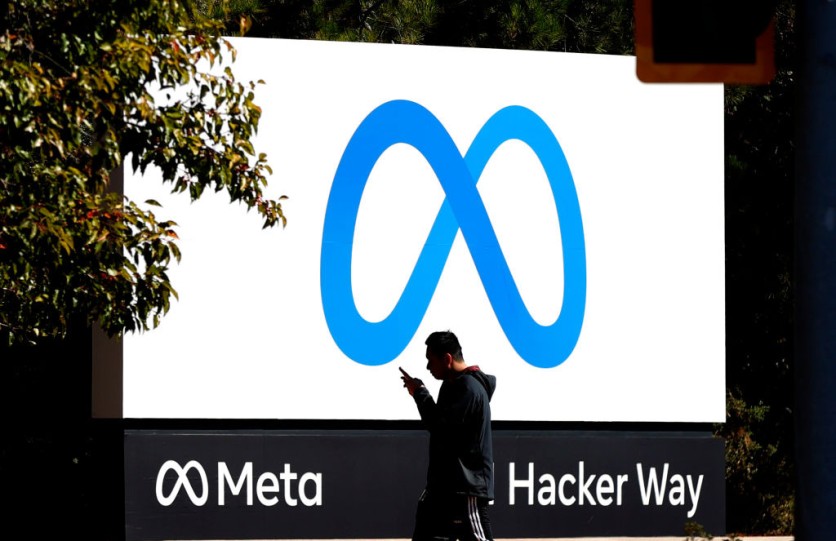Meta discovered more than 400 malicious Android and iOS apps that prey on millions of Facebook users to steal their login information and compromise their accounts.
The company claims it has informed Apple and Google of its discoveries and is assisting those who may be impacted in learning more about how to secure their accounts.

These apps were promoted on the Google Play Store and the Apple App Store under false titles, including picture editors, games, VPN services, business apps, and other utilities to persuade consumers into downloading them. Several examples are as follows:
1. Photo editors, such as those that claim to allow you to "turn yourself into a cartoon."
2. VPNs promise to increase browsing speed or provide access to banned websites or content.
3. Phone applications like flashlights claim to make your phone's flashlight brighter.
4. Mobile games that make deceptive claims about their 3D graphics quality.
5. Apps for healthy living, including horoscopes and fitness trackers.
6. Ad management or business apps that claim to offer unapproved or secret functionalities not available in official apps from tech platforms.
Spotting Malicious Apps
Malicious developers produce malware programs that are disseminated through mobile app stores in the guise of entertainment-related or practical applications, such as cartoon image editors or music players.
Developers may post fabricated reviews to persuade people to download malware to counteract complaints made by users who discovered that the programs were broken or harmful.
After downloading the malicious app, a user may be prompted to "Login With Facebook" before they can use the app's claimed capabilities. The spyware takes their login and password if they enter their credentials, as noted by Meta.
A person's account may be completely compromised if the login credentials are obtained, allowing attackers to send messages to friends or view private data.
Read also: Meta's Horizon Worlds Releases 14 Bug Fixes for V78, Acknowledges the Shortcomings of the App
What To Do if You Download a Malicious App?
If you think you downloaded a malicious app, Meta suggests that you delete it from your device right away and take the following steps to secure your accounts:
1. Create new, secure passwords after a reset. Never use the same password for several websites.
2. Enable two-factor authentication to add another layer of security to your account, preferably using the Authenticator app.
3. Activate login alerts to receive notifications whenever someone tries to access your account. Reviewing previous sessions will help you identify the devices that have access to your account.
Related Article : Meta Announces Bulletin's Shutdown, One Year After Launching its Own Newsletter Service
This article is owned by Tech Times
Written by Joaquin Victor Tacla
ⓒ 2025 TECHTIMES.com All rights reserved. Do not reproduce without permission.




